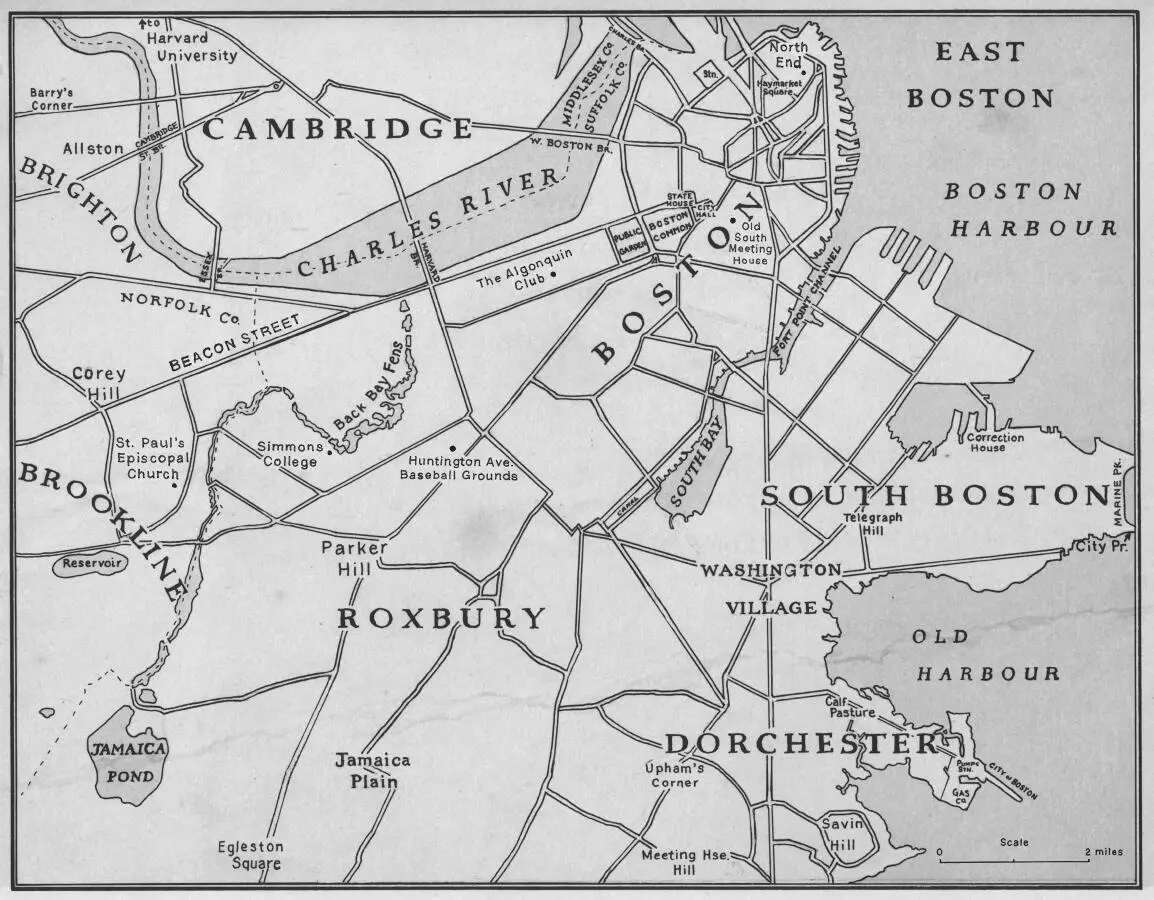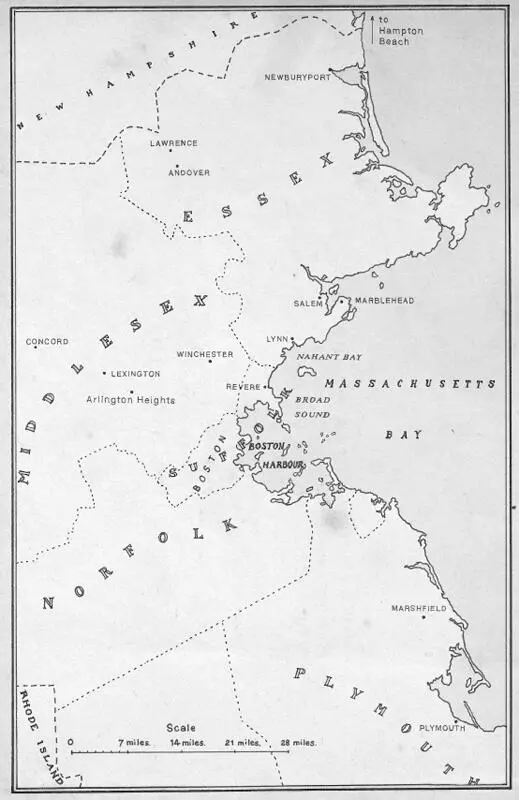Bellagrand
Paullina Simons

Published by HarperCollins Publishers Ltd
1 London Bridge Street
London SE1 9GF
www.harpercollins.co.uk
First published in Great Britain by Harper 2013
Copyright © Paullina Simons 2013
Cover layout design © HarperCollins Publishers Ltd 2015
Cover photographs © Aria Baro/Trevillion Images (girl); Macduff Everton/Getty Images (background)
Paullina Simons asserts the moral right to be identified as the author of this work.
A catalogue copy of this book is available from the British Library.
This novel is entirely a work of fiction. The names, characters and incidents portrayed in it are the work of the author’s imagination. Any resemblance to actual persons, living or dead, events or localities is entirely coincidental.
All rights reserved under International and Pan-American Copyright Conventions. By payment of the required fees, you have been granted the non-exclusive, non-transferable right to access and read the text of this e-book on screen. No part of this text may be reproduced, transmitted, down-loaded, decompiled, reverse engineered, or stored in or introduced into any information storage and retrieval system, in any form or by any means, whether electronic or mechanical, now known or hereinafter invented, without the express written permission of HarperCollins.
Source ISBN: 9780007493715
Ebook Edition © March 2015 ISBN: 9780007493746
Version: 2015-03-18
For my mother, An engineer A teacher An immigrant A romantic A dreamer A giver of life Who looked for Paradise Every place she lived.
But heard are the Voices
Heard are the Sages,
The Worlds and the Ages:
Choose well; your choice is
Brief, and yet endless.
—Johann von Goethe
Contents
Cover
Title Page
Copyright
Dedication
Epigraph
Maps
Prologue: 1936
Part One: Bread and Roses 1911–1918
Chapter 1: Wine into Stones
Chapter 2: Annie LoPizo
Chapter 3: A Servant of Relief
Chapter 4: The Love of an American Girl
Chapter 5: Marble and Mud
Chapter 6: Ten Days that Shook the World
Chapter 7: Bellagrand
Part Two: Bellagrand 1919–1922
Chapter 8: Flagler’s Quest for Paradise
Chapter 9: The Blue Room
Chapter 10: Molasses
Chapter 11: Total Eclipse of the Son
Chapter 12: Birds of Paradise
Chapter 13: The Wisdom of Alexander Pope
Chapter 14: Spanish City
Part Three: The Man Without a Country 1922–1929
Chapter 15: Isadora and Sergei
Chapter 16: Battery Wagner
Chapter 17: Prinz Valdemar
Chapter 18: White Terrorists Ask for Mercy
Chapter 19: Psalm 91
Chapter 20: Harry’s Favorite Book
Chapter 21: The Snake and the Falcon
Epilogue: 1936
About the Author
Also by Author
About the Publisher


ON A TRAIN A once beautiful woman sits shivering in an old coat. Next to her is a young man nearly at full bloom. He doesn’t shiver. He stares straight ahead, stone cold, his face inscrutable. So is the woman’s. Except for her shivering, neither of them moves. She wants to speak but has nothing to say. She glances at him. He has nothing to say either.
Their ride is long. Eight hundred kilometers. Five hundred miles through bleakest terrain. The rivers hardly move, the melting ice crushing down the flow, the waters heavy. The flattened fields are black, old speckled snow clinging to the trees gray and bare. It’s grim, desolate, barren, and it’s all flying by. O World! O Life! O Time! On whose last steps I climb .
The young man stares out the window purposefully, single-mindedly. A boy yet not a boy. His hair is black upon his head, his eyes the color of coffee. He wants nothing less than to discuss the unspeakable. The train car is almost empty. They deliberately took the later train, the one no one takes, because it gets in late at night. They don’t want to be noticed.
The woman tries to take his hand. It’s cold. He gives it, yet doesn’t give it. He wants to be left alone. He wants to shout things he knows he can’t, say things he knows he can’t. He stops himself only because of her, because of his reverence for her—still and despite everything. The things he wants to whisper, she is not strong enough to hear and doesn’t deserve to. How could you bring me here, he wants to ask her in his most frightened voice. Knowing my life was at stake, how could you come here with me? It’s too late now for if onlys. Why didn’t you know enough back then?
Listen to me, she whispers intensely after the train screeches to a stop and the few remaining passengers shuffle out. There’s nothing to be done. You can’t think about what’s past.
What else is there to think about? The future?
I want you to not look back. Forget where you came from. Forget everything, do you hear?
That’s the opposite of what you’ve been telling me my whole life.
The train speeds on.
It’s a long way between two metropolitan cities. They have ample time to sit, to stare speechlessly at the countryside.
He wants to know about only one thing. He wants to ask about the place he can’t remember. She refuses to entertain his questions, hence her new commandment: stop looking back. His entire life, he has heard only: never forget where you came from. Suddenly she wants him to forget.
He asks her about the place he forgot. To help him remember what he can’t remember.
Stop asking me about what’s meaningless, she says.
The past is now meaningless? Why can’t you answer me?
Why do you keep wanting to know? What does it matter? God, you’ve been on and on about it lately. Why?
Why can’t you answer me?
She turns to him. Promise to remember about the money?
You just told me to forget everything. So that’s what I’m going to do.
Remember only the money. Make sure you hide it again. Keep it secure. But don’t forget where it is. Don’t keep it in the house in case they come, but hide it somewhere close to you, somewhere safe, where you can easily get to it. Do you have such a place? If you don’t, you’ll need to find one.
The money! The money is what makes him want to rail at her more, not less. The money is the thing that brings cold to his heart, and cold toward her. The money is what screams to him the brutal truth: You did know what you were doing when you brought me here. That’s why you saved the money, took it with you, hid it, kept it hidden all these years. Because you knew. You can’t claim ignorance, which is what I want to believe in most of all, your ignorance of the way things might turn out for us. Turn out for me. But you keep reminding me about the money. Which reminds me that this act on your part—bringing me here—was for my destruction.
He says nothing.
Do you hear me?
I’m trying desperately not to.
Promise me you’ll remember.
Читать дальше















